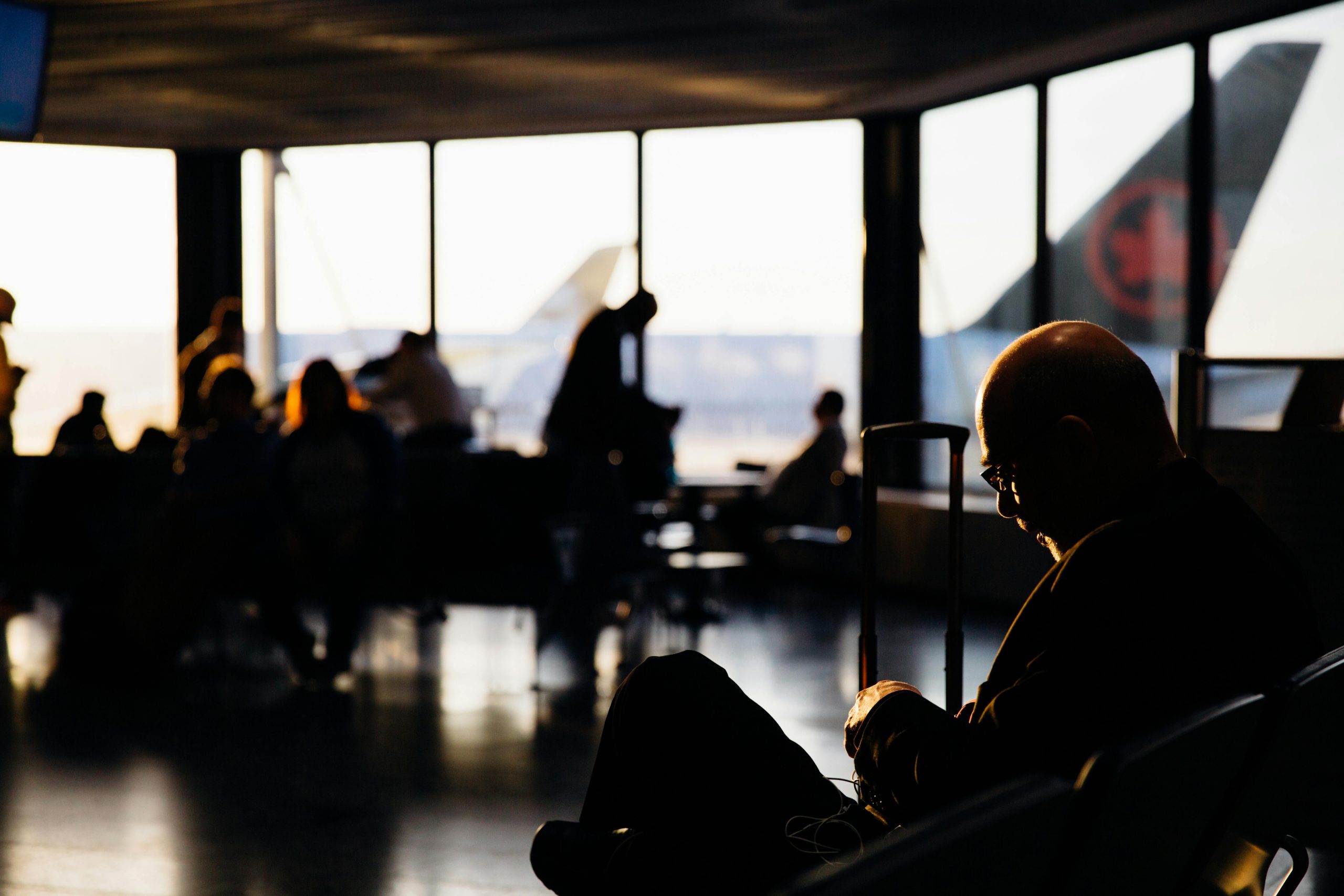Traveling across time zones can be exhilarating, but jet lag can quickly turn your adventure into exhaustion. Whether you’re flying for business or pleasure, adjusting to a new time zone doesn’t have to be a struggle. With the right strategies, you can minimize fatigue, stay energized, and make the most of your trip. Here’s how to beat jet lag and adjust to a new time zone fast.
Understand How Jet Lag Works
Jet lag occurs when your body’s internal clock, or circadian rhythm, is out of sync with the local time at your destination. Symptoms include fatigue, insomnia, irritability, and difficulty concentrating. The more time zones you cross, the worse it can get—especially when traveling eastward, as losing hours is harder on the body than gaining them.
Key factors that influence jet lag:
- Direction of travel: Eastbound flights disrupt sleep more than westbound ones.
- Number of time zones crossed: The more zones you pass, the longer recovery takes.
- Age and health: Older adults and those with poor sleep habits may struggle more.
- Flight timing: Red-eye flights can help or hinder adjustment depending on your schedule.
Prepare Before Your Flight
Adjusting to a new time zone starts before you even board the plane. A little preparation can go a long way in reducing jet lag symptoms.
Gradually Shift Your Sleep Schedule
If possible, start adjusting your sleep routine a few days before departure. For eastbound travel, go to bed and wake up an hour earlier each day. For westbound travel, do the opposite by staying up later.
Stay Hydrated and Eat Light
Dehydration worsens jet lag, so drink plenty of water before, during, and after your flight. Avoid alcohol and caffeine, as they disrupt sleep and dehydrate you further. Opt for light, balanced meals to keep your energy stable.
Choose the Right Flight Time
If you can, book a flight that arrives in the evening if traveling east, so you can go straight to bed. For westbound trips, a morning arrival helps you stay awake and adjust faster.
Strategies During the Flight
What you do on the plane plays a crucial role in how quickly you recover from jet lag.
Set Your Watch to Destination Time
As soon as you board, switch your watch or phone to the local time of your destination. This mental shift helps you start adapting before you land.
Sleep Strategically
If it’s nighttime at your destination, try to sleep on the plane. Use an eye mask, earplugs, and a neck pillow to make it easier. If it’s daytime, stay awake and engage in light activities like reading or watching movies.
Move Around and Stretch
Sitting for long periods can cause stiffness and worsen fatigue. Walk around the cabin, do simple stretches, and wear compression socks to improve circulation.
Adjust Quickly After Arrival
Once you land, your goal is to sync with the local time as fast as possible. Here’s how to speed up the process.
Get Sunlight Exposure
Natural light is the most powerful way to reset your internal clock. Spend time outside during daylight hours, especially in the morning. If you arrive at night, avoid bright screens and artificial light to help your body wind down.
Follow Local Meal Times
Eating at the right times helps signal your body to adjust. Even if you’re not hungry, try to eat meals according to the local schedule. A protein-rich breakfast can boost alertness, while carbs at dinner may help you sleep.
Take Short Naps (If Needed)
If you’re exhausted, a 20-30 minute power nap can help—but avoid long naps, as they can make nighttime sleep harder. If possible, push through until bedtime.
Use Supplements and Sleep Aids Wisely
Sometimes, natural methods aren’t enough. Here’s how to use supplements and sleep aids effectively.
Melatonin
Melatonin is a hormone that regulates sleep. Taking 0.5-5 mg about 30 minutes before bedtime at your destination can help reset your sleep cycle. Start a few days before travel for best results.
Stay Cautious with Sleeping Pills
Prescription or over-the-counter sleep aids should be a last resort. If you use them, test them at home first to avoid grogginess or side effects while traveling.
Hydration and Electrolytes
Replenishing electrolytes with drinks like coconut water or sports beverages can help combat fatigue and dehydration from flying.
Conclusion
Jet lag doesn’t have to ruin your trip. By preparing in advance, optimizing your flight routine, and adjusting quickly upon arrival, you can minimize its effects and enjoy your travels to the fullest. Everyone’s body reacts differently, so experiment with these tips to find what works best for you. With the right approach, you’ll be feeling refreshed and ready to explore your new destination in no time.
